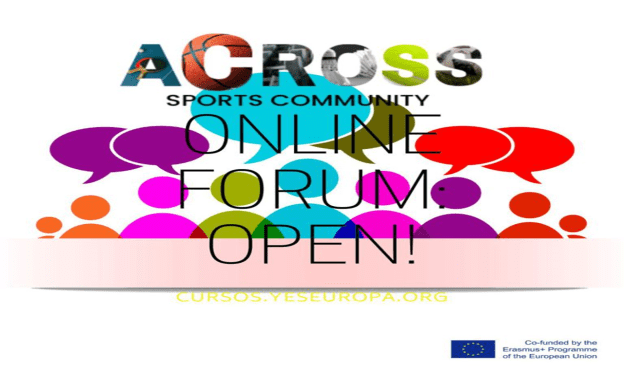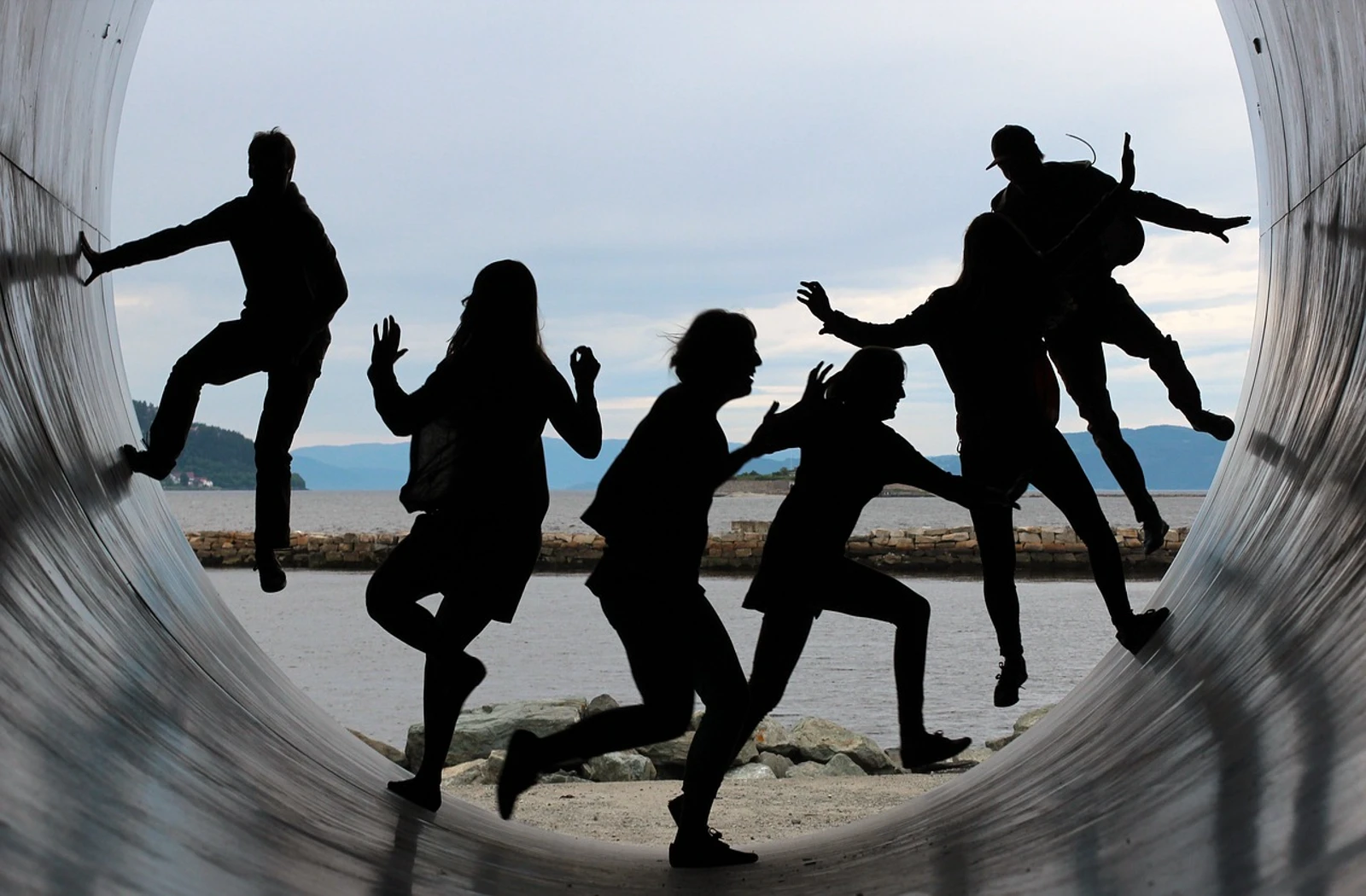
(Free) Across Sports Community online course
(Free) Across Sports Community online course
Are you looking to coach your team to excellence? Join our course and learn up-to-date training methodologies and great examples.
Across Sports Community is a co-funded by Erasmus+ project “aCross Sports Community” born from the necessity of evaluate the potential of the extracurricular education generated from secondary activities like sports. The two organizations involved, Selva Cooperativa and Building Bridges Association, have develop this proposal to comprehend the necessities of the local sport associations and at the same time starting a path of responses to their needs. The Aim of “aCross Sports Community” is to become a movement of collaboration and continuous development that will involve as many partners as possible, all over the Europe.
Subjects
- Metha coaching
- How to use Capcut
- Interdisciplinary Learning
- Sport Psychology
- Fair Play Education
- Educational Method
- Metha coach practice
OBJECTIVES
The objectives we have selected are linked with the Erasmus+ priorities by the focus of the project based on the actual research of needs from the target and the aim to develop their knowledge and possibilities to grow. Thus, the main objectives linked with the horizontal priorites are:
– To increase/improve the digital competences of Adult educators and other adult education staff (coaches, trainers and sports insiders). We will address digital transformation through development of digital tools (web, 5 MOOCs and APP). We
plan to train Adult teachers on digital tools through the project results. We also aim to change the negative opinion on Digitalisation from Sport teachers and ease positive perspectives in it.
– Creating and promoting learning opportunities among all citizens and generations, by the creation of digital tools.
– Boost Inclusion and diversity in Adult Sport Education. Amateur Adult sports should be a relevant possibility to break the barriers of discrimination by using sport as a vehicle of collaboration, possibility of exchange, knowledge of other culture, and generate different cultural tools for youth in sports.
Methodology
Online courses (MOOCs) must be worked autonomously. You do the course at your own pace, you have one month to complete it; without fixed hours. The dedication time will depend on the individualized needs of each person.
The training action is designed to promote practical knowledge and skills relevant to professional development within the scope of the course. You will have teaching materials, which you will have access to when you enroll in the course.
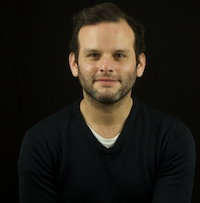
José M. Imbert. Head of Office. Experienced Consultant and Trainer with a demonstrated history of working in the services He developed as a trainer and quality agent for the Sirius Satellite Radio and NikonUSA. He worked in health communication for the health department of the International Federation of the Red Cross and Red Crescent in Geneva. He joins the YesEuropa team in 2019, where he currently works as Head of Office.
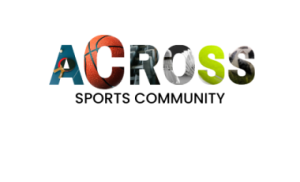
Selva Coop in Italy and Asociación Building Bridges in Spain are deeply committed to this project and the promotion of healthy habits. Both organizations share a profound dedication to motivating coaches and assisting them by presenting innovative methodologies. Together, we strive to foster a supportive and enriching environment, ensuring that coaches have the tools they need to inspire and nurture athletes of all ages. Our collaboration reflects our unwavering belief in the transformative power of sports and education, and our mutual goal of cultivating healthier, more vibrant communities.
[ultimate-faqs include_category=’cursos-bonificados’]
Our final event took place in Montecatini Terme, just outside the city of Florence. It was an amazing gathering of young Soccer and Taekwondo coaches with their young atheletes. It was a display of the methodologies from the Across Sports Community course, and some best practices from the coaches.
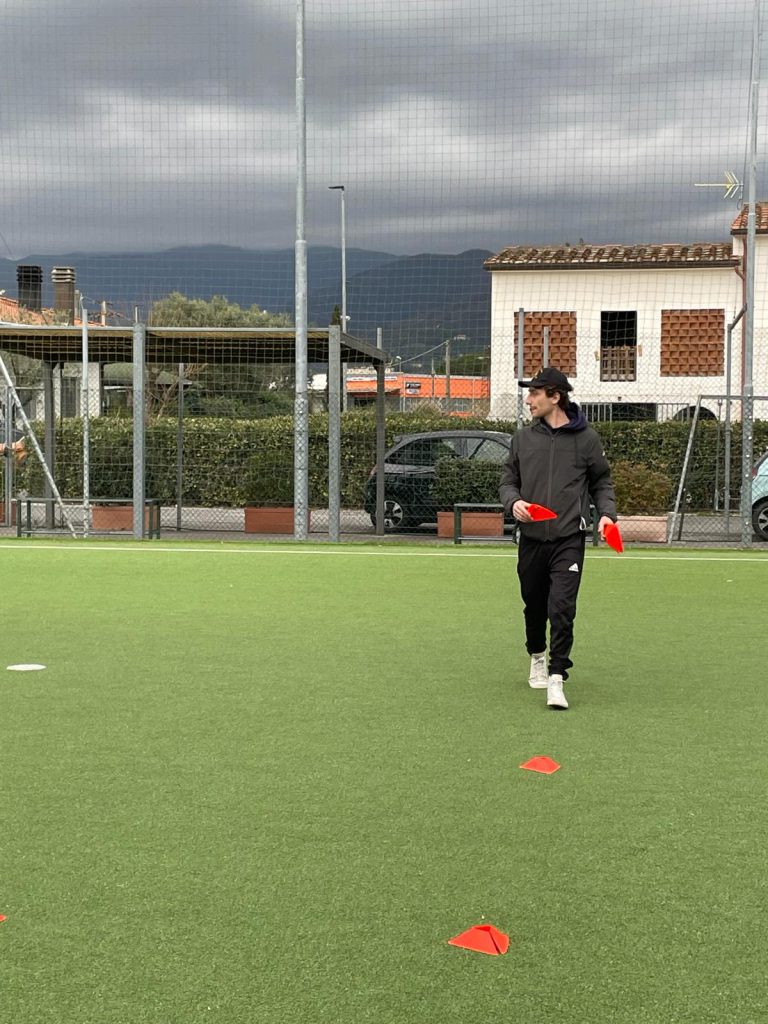
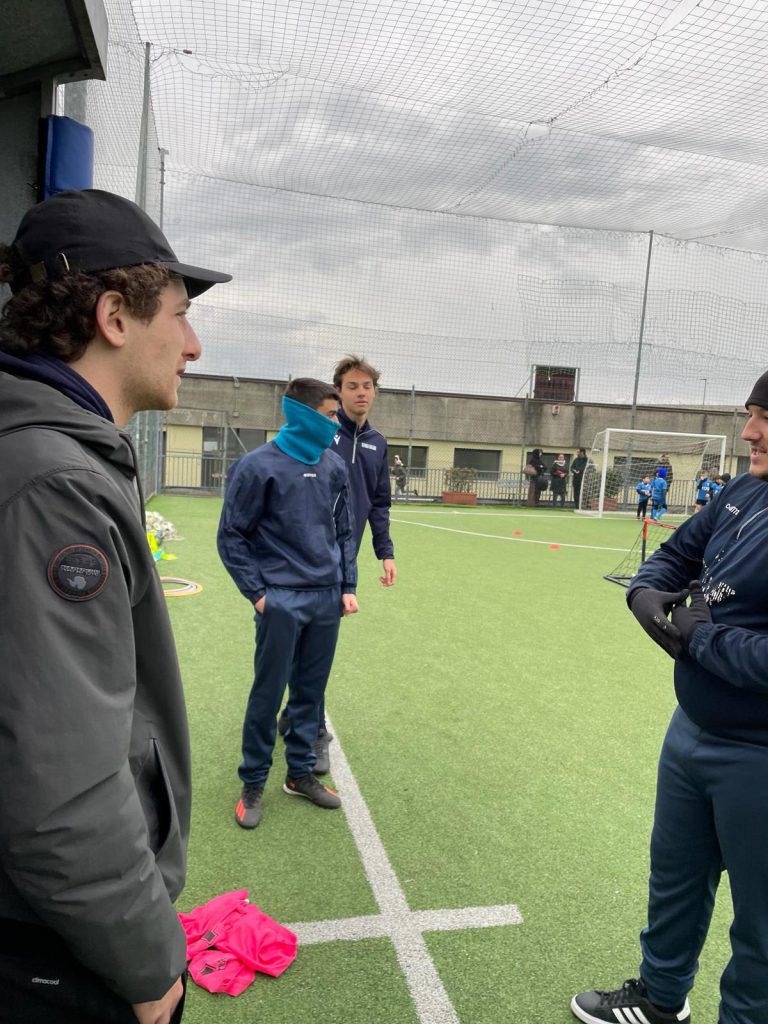
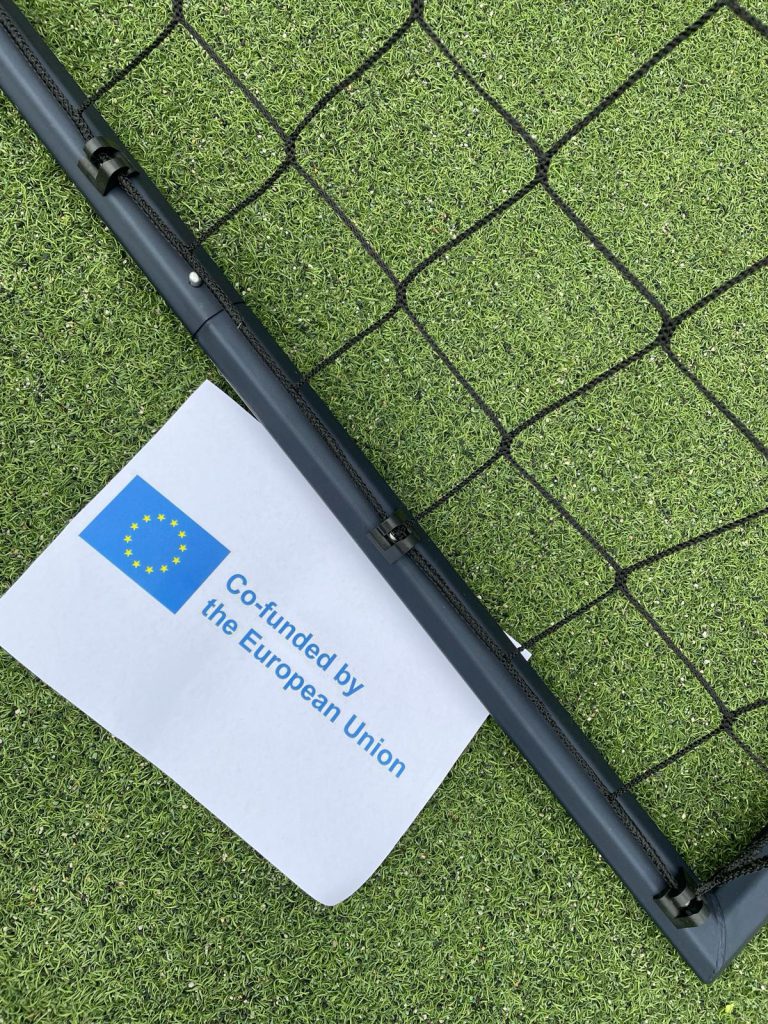
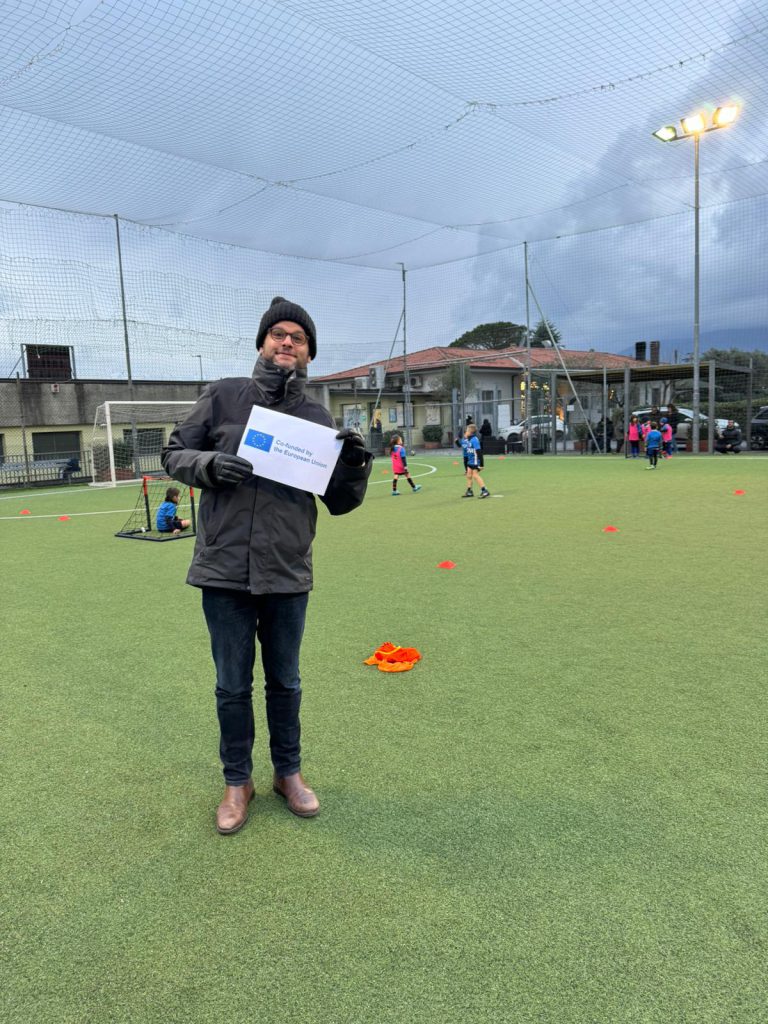
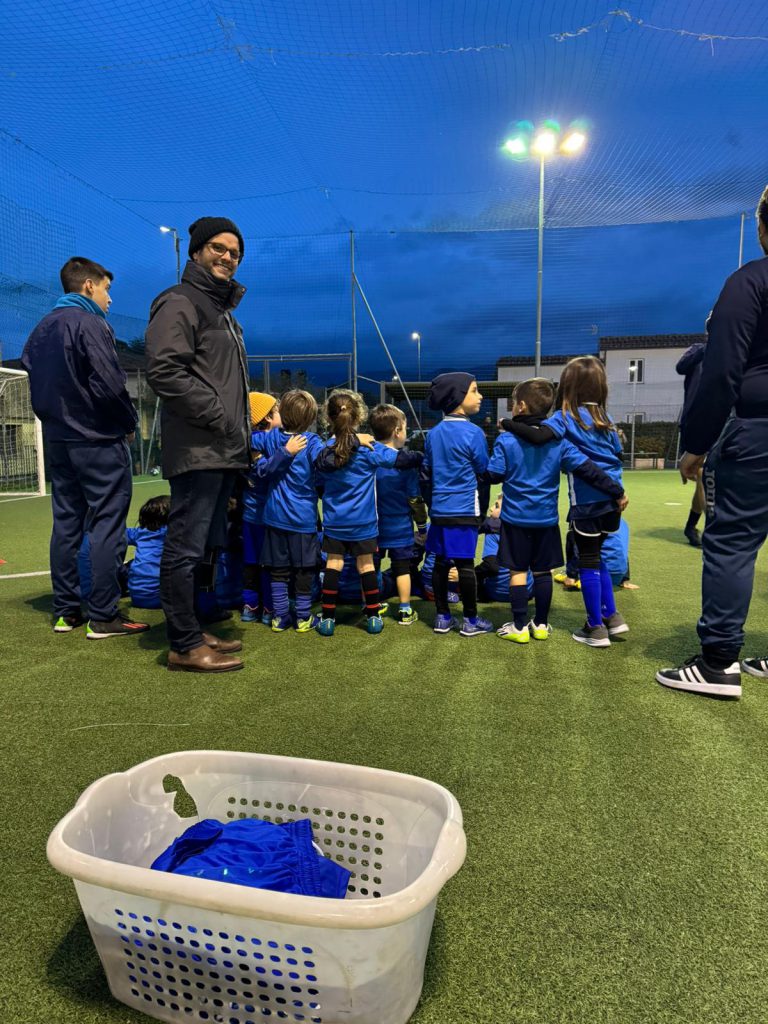
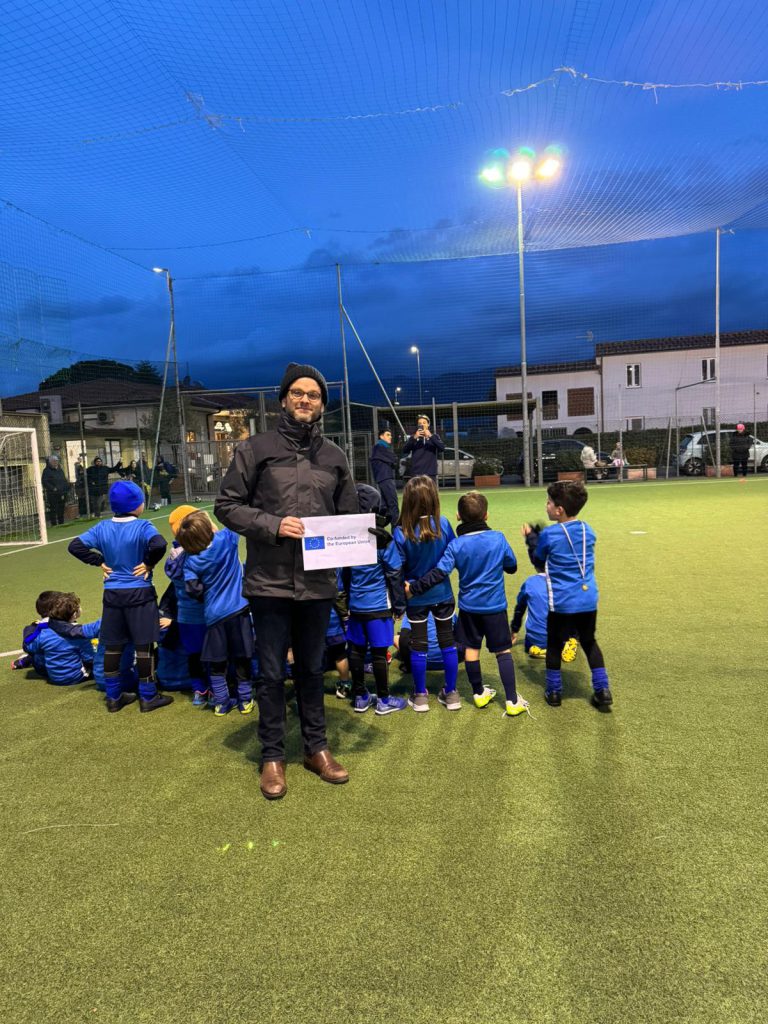
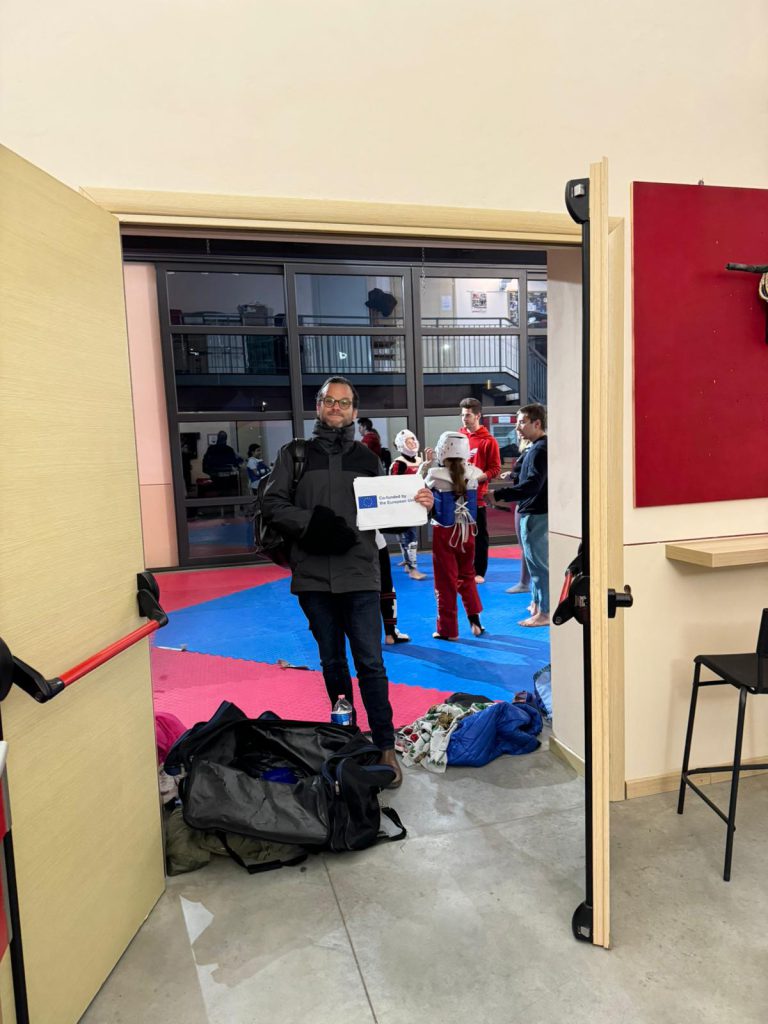



Funded by the European Union. Views and opinions expressed are however those of the author(s) only and do not necessarily reflect those of the European Union or the European Education and Culture Executive Agency (EACEA). Neither the European Union nor EACEA can be held responsible for them.
